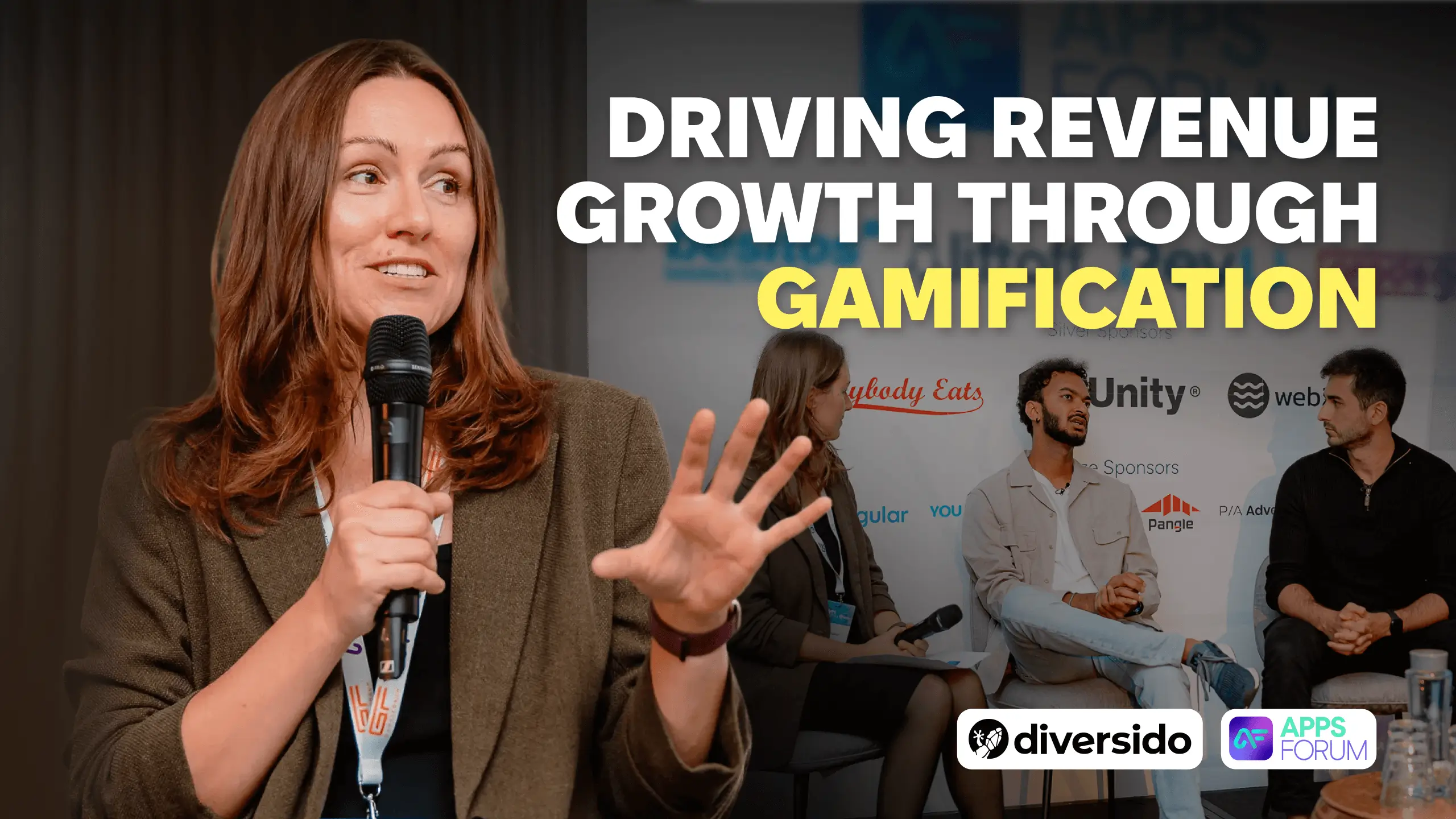
How to Get Clients for a Startup or New Business (2026 Guide)
Struggling to land your first clients? Discover practical startup marketing strategies — from building your online presence to partnerships, referrals, and even offline efforts.

Only around one out of every five startups doesn’t make it past the first year, and two-thirds fail within ten years. The startups that survive usually have a smart plan for how to reach their market. A clear go-to-market approach helps customers discover your product, understand its value, and feel confident investing in it.
You’ll want to build a strategy that makes your brand familiar and accessible. That means using language that resonates with your audience and engaging them consistently. Today, an online presence is the foundation for attracting attention — from a strong website to smart use of social media.
In this marketing guide for startups, we’ll explore helpful strategies to connect with your audience and reach success.
How to Get Clients for a Startup Software Company
If you’re launching a software startup, the fundamentals of getting clients remain similar, but you’ll need to adapt your outreach, messaging, and platforms to a highly digital and competitive environment.
Technical credibility, clear value propositions, and early trust signals like case studies or a working MVP (minimum viable product) can make all the difference. And in many cases, early adopters may be other tech-savvy professionals — so transparency and speed matter.
Initial Steps to Market Your Startup Effectively
1. Define your target customer.
Build a clear profile of your ideal client — their needs, demographics, and behaviours. Use surveys, interviews, and competitor analysis.
2. Determine the channels to reach them.
Find out where your target audience spends their time. Social media, blogs, events, and even niche forums can all be useful.
3. Craft your brand story and messaging.
Define what makes your company special and how you solve your customers’ problems better than anyone else. (Related: How to Build a Website That Sells)
4. Create a marketing strategy and plan.
Map out your objectives, timeline, and budget. A thoughtful plan helps focus your efforts.
5. Leverage your network first.
Friends, family, colleagues — they’re often your first advocates. Ask for referrals and early feedback.
6. Make a product you’d use yourself.
When you solve a real need and believe in your product, it’s easier to attract others.
7. Invest in branding.
A strong, consistent brand experience builds awareness and loyalty.
Ways to Approach New Customers as a Startup
You don’t need to wait for inbound leads. Some of the best first clients come from outreach. Here's how to approach new customers:
- Cold outreach: Craft personalised emails or LinkedIn messages based on real research.
- Free workshops or demos: Show value without asking for anything in return.
- Mutual introductions: Ask investors, advisors, or mentors to connect you with potential leads.
- Problem-first messaging: Frame your pitch around solving a real challenge, not just selling your service.
Robust Marketing Strategies to Win Your First Clients
From partnerships to networking and social proof, here are strategies that continue to deliver results:
- Look for partnerships. Collaborations expand reach and credibility.
Build your online presence. Your website and social profiles are your first impression. - Show social proof. Case studies, reviews, and testimonials help you stand out.
- Strengthen your network. Industry groups and local events bring you closer to potential clients.
- Don’t miss industry events. Speaking or attending can build authority fast.
- Offer extra benefits. Free trials or discounts can lower the entry barrier.
- Keep connections alive. Early adopters can become long-term allies.
- Post regularly. Consistency builds visibility.
- Encourage referrals. A simple ask can turn into your best lead source.
First Clients: How New Businesses Build Trust
In 2026, building trust and credibility is more important than ever. Customers are flooded with choices, and they want to connect with brands that feel reliable, transparent, and human.
Use trust-building assets early:
- Testimonials and case studies (even from beta users)
- Clear pricing and deliverables
- Human communication — real names, photos, videos
- Thought leadership (LinkedIn posts, blog articles, podcasts)
Marketing Channels That Matter in 2026
- Social media. LinkedIn, YouTube, TikTok, Instagram — meet your customers where they are.
- Websites & landing pages. Your digital hub for credibility and lead capture.
- Emails. Personalised, segmented updates keep your audience engaged.
- Offline marketing. Events, postcards, or word-of-mouth still work.
The Best Strategy? Combine Ideas and Keep Testing
There’s no single magic tactic. The best approach is to test, combine, and adapt. Don’t be afraid to try new strategies, and don’t be afraid to repeat what works.
Startups can be forgotten quickly, so consistency is key. Keep showing up, keep refining, and keep building relationships. With persistence, the right mix of strategies will help your business grow.Startups can be forgotten quickly, so consistency is key. Keep showing up, keep refining, and keep building relationships. With persistence, the right mix of strategies will help your business grow.
FAQ
How do I get clients for a new business?
To get clients for a new business, focus on building visibility and trust. Start by identifying your target audience and crafting a clear value proposition that addresses their needs. Use online channels, such as your website, LinkedIn, and industry forums, to share insights and solutions. Leverage personal and professional networks for referrals, and attend local events or online webinars to meet potential clients. Actively seek feedback and improve your offerings to attract and retain your first customers.
What strategies help get first customers as a startup?
Effective strategies for acquiring initial customers include:
- Offering a special launch promotion or discount to early adopters.
- Networking with local business groups, startup communities, and relevant online forums.
- Showcasing your expertise by sharing helpful content or case studies.
- Asking friends and mentors for introductions to potential clients.
- Partnering with complementary businesses for co-marketing or referral deals.
Most importantly, reach out directly and personalise your message for each prospect to build trust and spark interest.
How do startups find their initial clients?
Startups often find their first clients by leveraging connections within their team’s networks, reaching out via social media, and attending industry events. Many successful startups also use content marketing, like blogs and guides, to attract inbound interest. Cold outreach, especially via LinkedIn or email, can also work if targeted well. Referrals from satisfied early users or trusted contacts play a crucial role in building momentum and credibility.
What’s the best way to approach customers for a new business?
The best way to approach customers is with authenticity and a clear understanding of their pain points. Begin with research to tailor your pitch to their specific needs. When you reach out, whether by email, LinkedIn, or in person, focus on how your product or service solves a real problem for them. Respect their time and be honest about your stage as a new business. Providing a unique offer, personalised demo, or helpful resource can make your approach more compelling.
How do I get clients for a startup software company?
Focus on tech-specific outreach. Join relevant startup and SaaS forums, share engineering blogs or product demos, and connect on LinkedIn with founders and CTOs. Cold outreach works best when it's targeted and clearly communicates value.
What is the best way to get clients for an IT business?
Build credibility through your website, case studies, and referrals. Attend IT-focused events or webinars, and offer free consultations to show expertise and generate trust.
How do I approach new customers professionally?
Research their business first, tailor your message, and provide a clear reason why your solution matters. Keep your outreach short, respectful, and focused on their pain point.



.webp)
.png)

